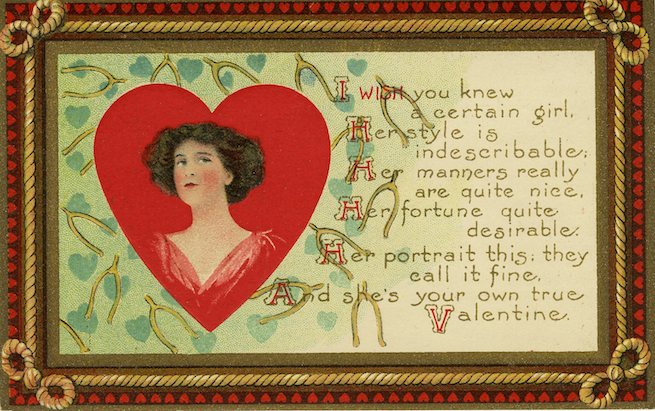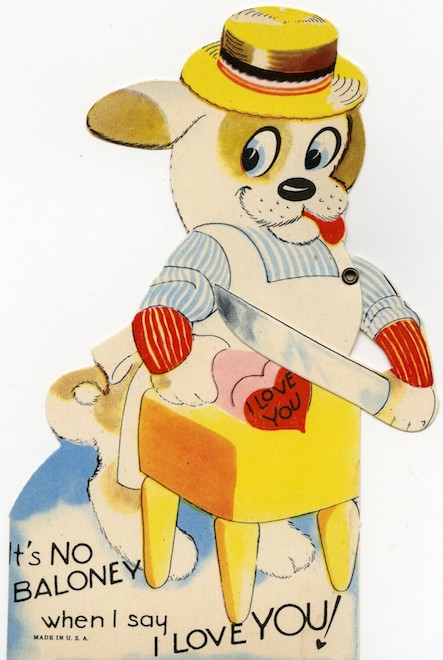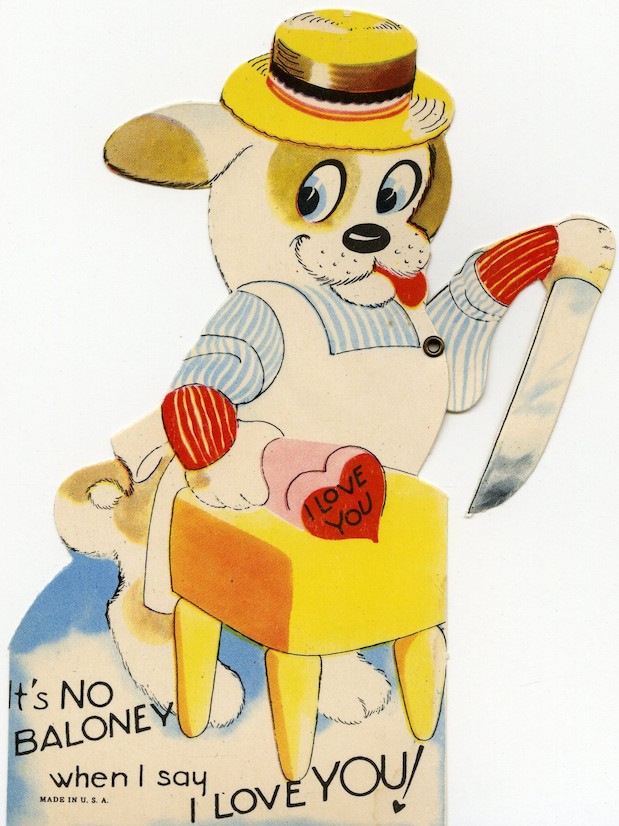February 23, 2015 is the centennial of Joseph Battell’s death. Bread Loaf land baron (in his day the largest private landowner in Vermont), environmentalist, crusading newspaperman, Middlebury College alum (Class of 1860), trustee, philanthropist, novelist.
David Haward Bain presents an illustrated “magic lantern” talk on Joseph Battell’s life and works.
When: February 23, 2015, 4:30pm
Where: Abernethy Reading Room, The Axinn Center at Starr Library, Middlebury College
Refreshments will be served.
Sponsored by Middlebury College Special Collections & Archives, the Franklin Environmental Center at Hillcrest, the Environmental Studies Program, Middlebury History Department, and the Stewart-Swift Research Center, Henry Sheldon Museum.
David Haward Bain has taught creative writing and literature at Middlebury College for 28 years, and has been affiliated with the Bread Loaf Writers’ Conference for 35 years since his first-book fellowship in 1980. His books include Empire Express: Building the First Transcontinental Railroad, Bitter Waters: America’s Forgotten Naval Mission to the Dead Sea, The Old Iron Road: An Epic of Rails, Roads, and the Urge to Go West, and Sitting in Darkness: Americans in the Philippines, as well as The College on the Hill: A Browser’s History for the Bicentennial of Middlebury College and Whose Woods These Are: A History of the Bread Loaf Writers’ Conference, 1926-1992.
Photo credit: Joseph Battell circa 1860. Courtesy of the Henry Sheldon Museum, Stewart-Swift Research Center















